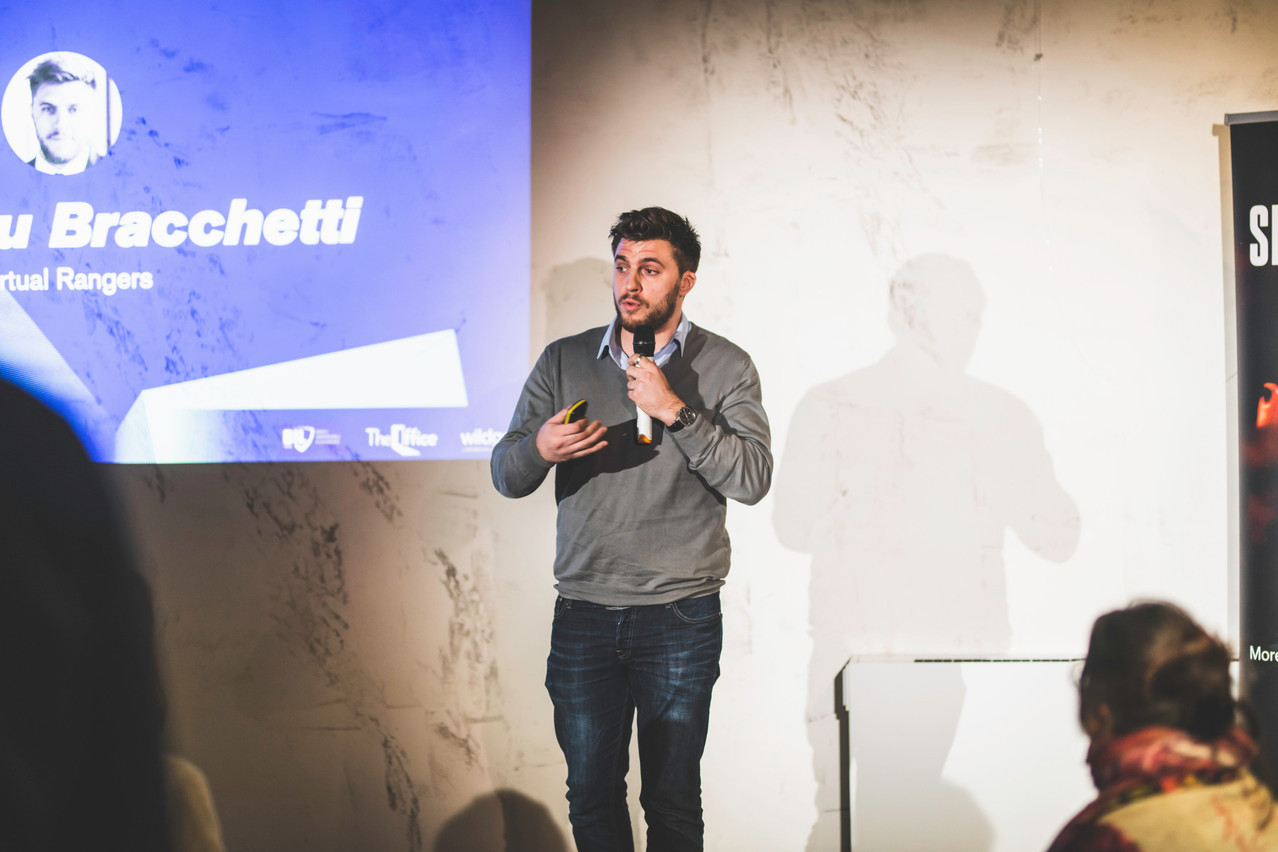Technology, content and user experience. These three elements must come together to make the metaverse and other virtual spaces a success, says Matthieu Bracchetti, founder and CEO of Virtual Rangers, a virtual and augmented reality services provider based in Luxembourg. The scope of applications is wide. For example, the company helped develop an augmented reality experience for the National Mining Museum, bringing its history to life in a new way. “You can be in this mine from Luxembourg, but 100 years ago, and see how people are talking and working together, the tools they’re using.” The team worked with historians on the project.
A similar project was developed by another company, Urban Timetravel, which is offering a virtual reality experience on the Pétrusse Express, allowing users to see the city as it once was on their headsets. The Luxembourg government launched a VR version of its pavilion at the Dubai World Expo, allowing people in the grand duchy to travel to the fair at the push of a button. And not to forget the Luxembourg City Film Festival’s virtual reality pavilion, which offers an innovative take on filmmaking.
From marketing to real estate
Digitalising business training will be another area of opportunities, Bracchetti says, with his company already well established in the field. The pandemic slowed down activities as onsite workshops, where teams would use headsets as part of an immersive and interactive programme, were shelved. Marketing, too, can offer a new experience using augmented reality.
We need competitors. We need to talk more about this technology.
A fourth pillar of potential in Luxembourg is real estate. “That’s a huge market,” says Bracchetti, “projecting yourself into a building, rather than doing a meeting on plans. You put on the VR set and jump into the building.” First steps have been taken by real estate companies offering virtual visits online, but virtual reality will be another leap forward. “Soon in the future, in the two to three coming years, we won’t be talking about virtual reality or augmented reality. We will talk about mixed reality.”
Critical mass
But what will it take for Luxembourg to realise and seize this potential? “It might sound strange for me to say this: we need competitors,” says Bracchetti. “We need to talk more about this technology.” The grand duchy is yet to achieve a critical mass of players in the field for virtual and augmented realities to become part of business vernacular. “The market is not closed to innovation,” says the entrepreneur, and policymakers are encouraging innovation. But the technology has not yet reached average users in the same way it has in other countries, like the US.
This is in part because of cumbersome headsets, the tools of geeks in the perception of many. Bracchetti expects the equipment to become lighter and more user-friendly in the coming years, saying that development largely stopped during the covid-19 pandemic. “VR was supposed to be the most successful technology two years ago, before covid arrived.”
But despite having made augmented and virtual reality his business, the entrepreneur does not want a dystopian future in which entire lives are lived online and people live in their separate virtual bubbles. “This technology will tend to isolate and separate people,” Bracchetti says. “That’s why we try to focus on doing something you cannot do in real life.”
